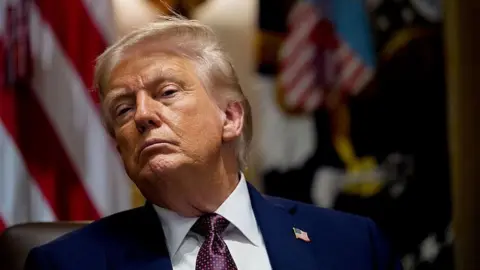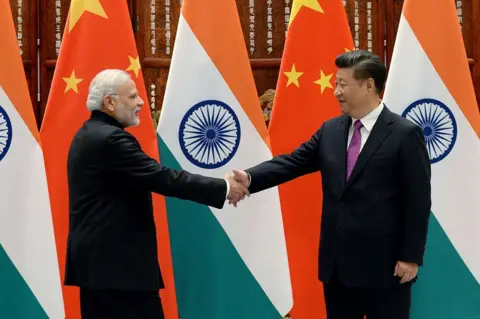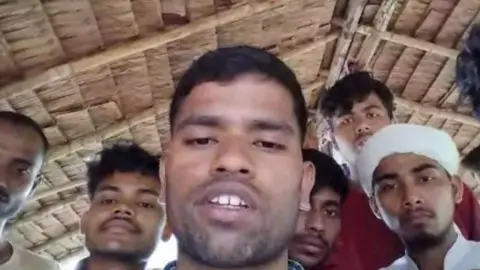Hundreds of devotees have converged in northern India to celebrate the Dalai Lama's 90th birthday, amidst increasing speculation regarding his succession. Scheduled to release a video message and a statement, the spiritual leader of Tibetan Buddhism remains a potent symbol of resistance against Chinese control since he fled Tibet in 1959. The celebrations, which started earlier this week, will include a significant three-day Tibetan Religious Conference, highlighting the Dalai Lama’s enduring influence.
Upon addressing his followers, he hinted at a framework concerning the “continuation of the institution of the Dalai Lamas,” but he refrained from providing specific details. In the past, he has oscillated between supporting the continuation of the 600-year-old tradition and suggesting that there may be no successor at all, revealing the complexities surrounding his lineage.
With China vehemently asserting its authority over Tibet, the Dalai Lama has stated that his successor must be born outside China—an assertion that deeply irritates the Chinese government. Present-day Tibetans and experts speculate that any successor recognized by Beijing would likely face rejection both from Tibetans in exile and international communities. “China will likely impose its version of the Dalai Lama,” stated Dibyesh Anand, an expert on international relations, indicating potential conflict over legitimacy and recognition.
The Dalai Lama serves as a central figure for the Tibetan struggle for identity and autonomy, speaking to the fears among his followers of a power vacuum following his passing. MPs within the Tibetan parliament-in-exile have emphasized the need for early recognition of a successor to maintain unity within the Tibetan community.
As worldwide attention turns toward Dharamsala, both the anticipation for his words and the ongoing concerns regarding Chinese occupation illuminate the broader struggles faced by Tibetans. Proponents of Tibetan sovereignty, even among youth born in exile, cling to dreams of returning to a free Tibet, underscoring the profound emotional connection to their homeland. As the Dalai Lama matures into his ninth decade, the implications of his decisions on his successor resonate throughout Tibetan society and beyond.






















